US auto-safety regulators have launched a sweeping investigation into Tesla’s Full Self-Driving system, saying they’ve logged dozens of reports of cars allegedly breaking traffic laws while the driver-assist is engaged. The National Highway Traffic Safety Administration is examining about 2.88 million vehicles after receiving 58 reports tied to FSD, including 14 crashes and 23 injuries.
In a filing, NHTSA said FSD — software that still requires an attentive human at the wheel — has at times “induced vehicle behavior that violated traffic safety laws.” Complaints describe Teslas blowing through red lights, turning into the wrong lane, and even traveling against the proper direction of traffic during lane changes. In six cases, regulators say cars entered intersections on red and then crashed; four of those resulted in injuries.
The probe, known as a preliminary evaluation, is the first step that could lead to a recall if the agency decides the risk is unreasonable. It lands as Tesla’s driver-assist tech faces mounting scrutiny from Congress and just weeks after a new NHTSA administrator took office. Tesla didn’t immediately comment, though the company pushed a fresh FSD software update this week.
Regulators are also scrutinizing how FSD behaves near railroad crossings after senators Ed Markey and Richard Blumenthal flagged near-miss reports. This isn’t the first look under the hood: last October, NHTSA opened an inquiry into 2.4 million Teslas over FSD’s performance in low-visibility conditions, including a 2023 fatal crash. Other Tesla features are on the agency’s radar too — from a remote “Summon” function tied to crash reports to the company’s self-driving robotaxi pilot in Austin.
Owners have been raising red flags directly. One Houston driver told NHTSA last year that FSD was misreading signals — rolling red lights and stopping at greens — and claimed Tesla acknowledged the glitch on a test drive but wouldn’t fix it. Tesla, for its part, markets FSD as capable of driving “almost anywhere” with “active supervision,” and emphasizes it does not make cars autonomous.
Wall Street noticed. Tesla shares slipped about 2% in early trading after news of the investigation. Whether it ends in software tweaks or a sweeping recall, the question in front of regulators is the same one drivers are asking: where’s the line between assistance and automation — and who pays when the software gets it wrong?
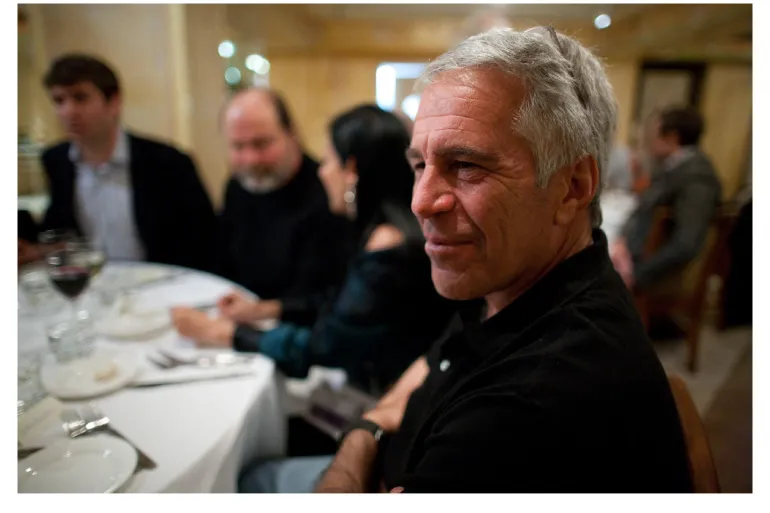
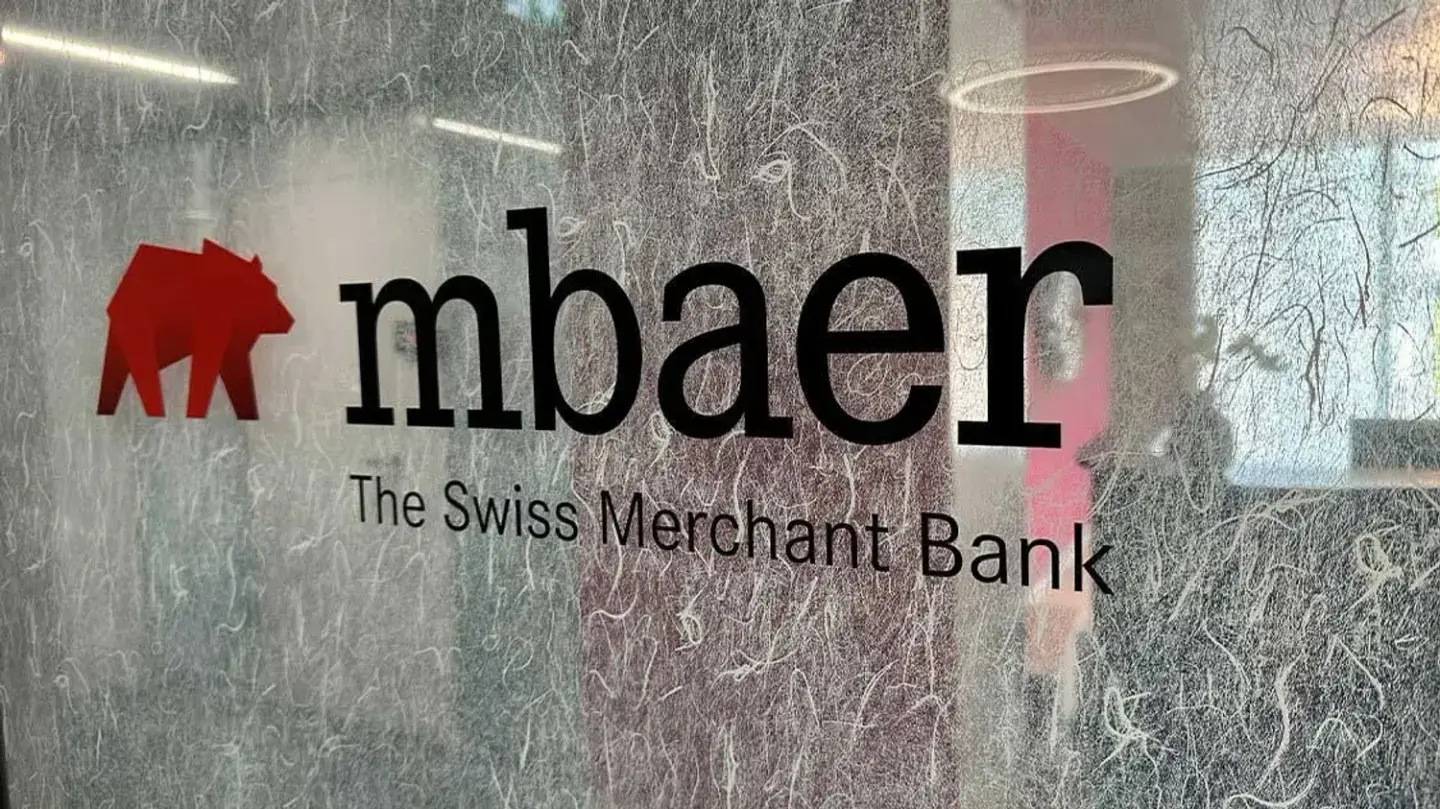
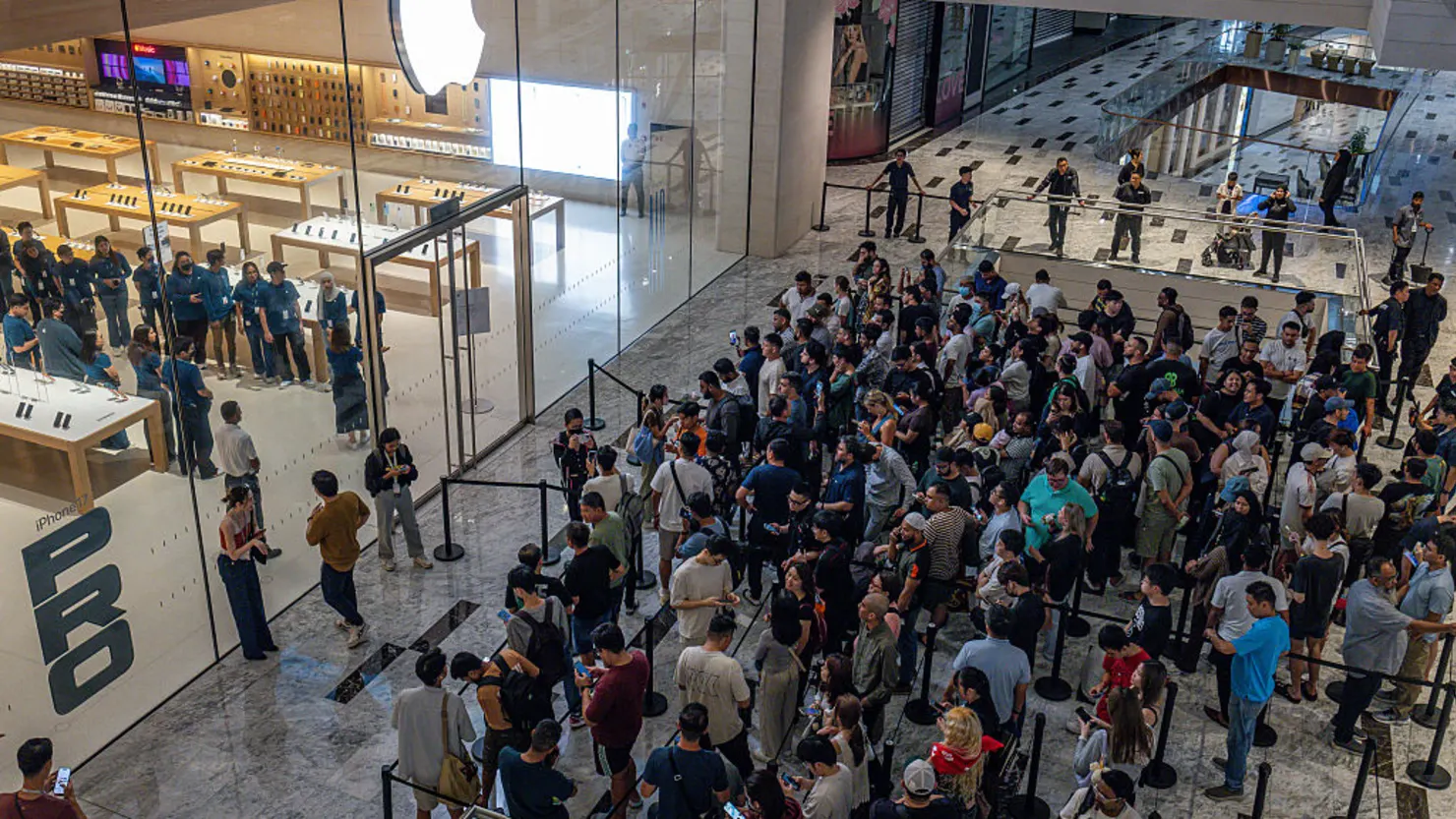
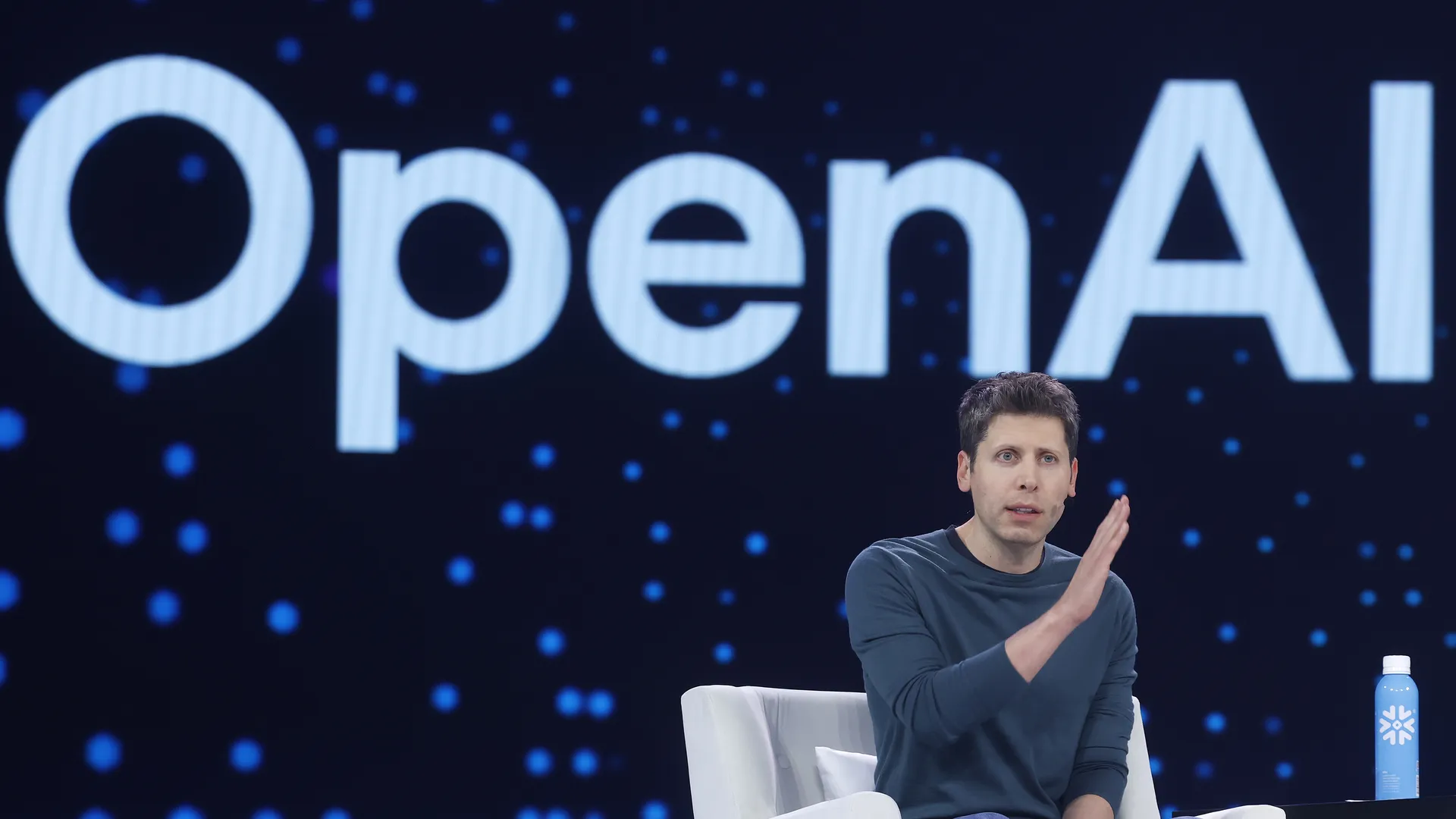
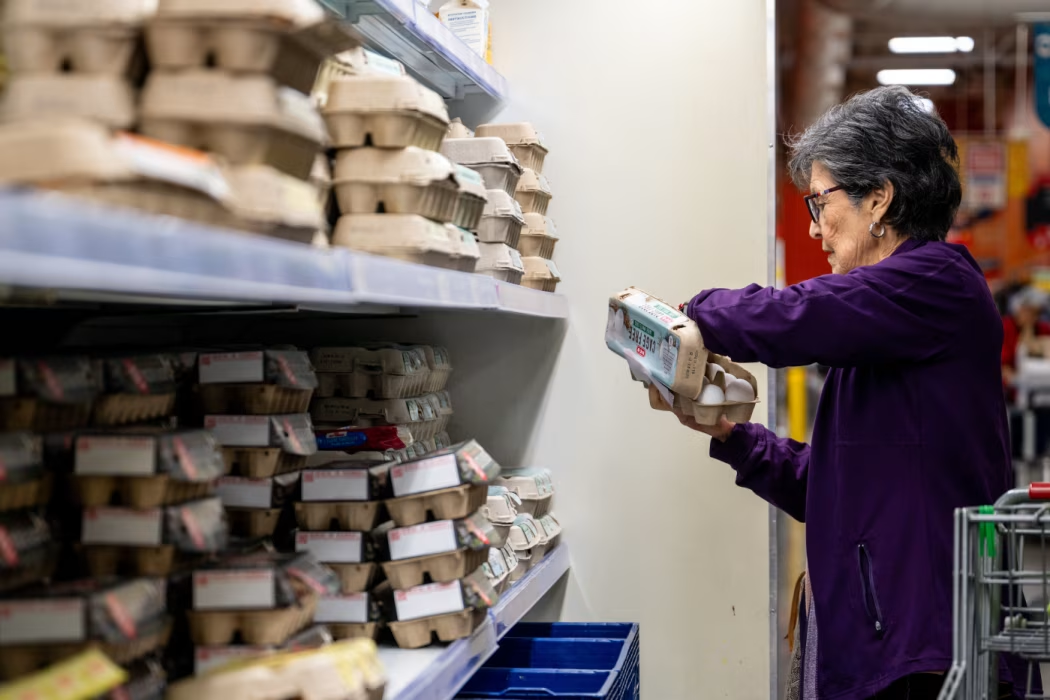
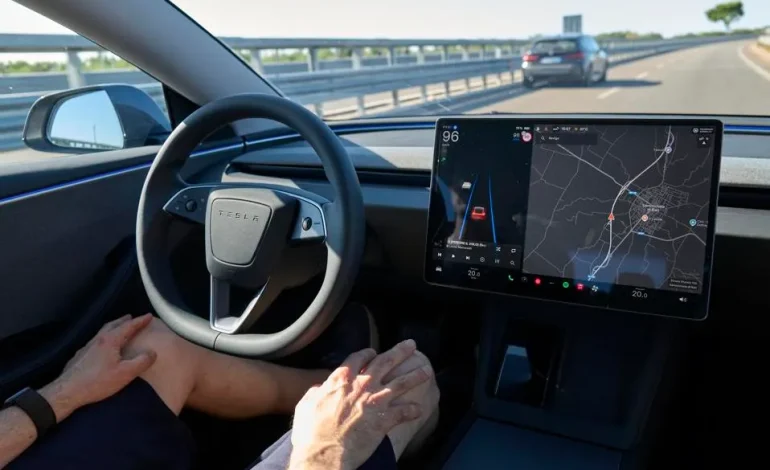




The latest news in your social feeds
Subscribe to our social media platforms to stay tuned